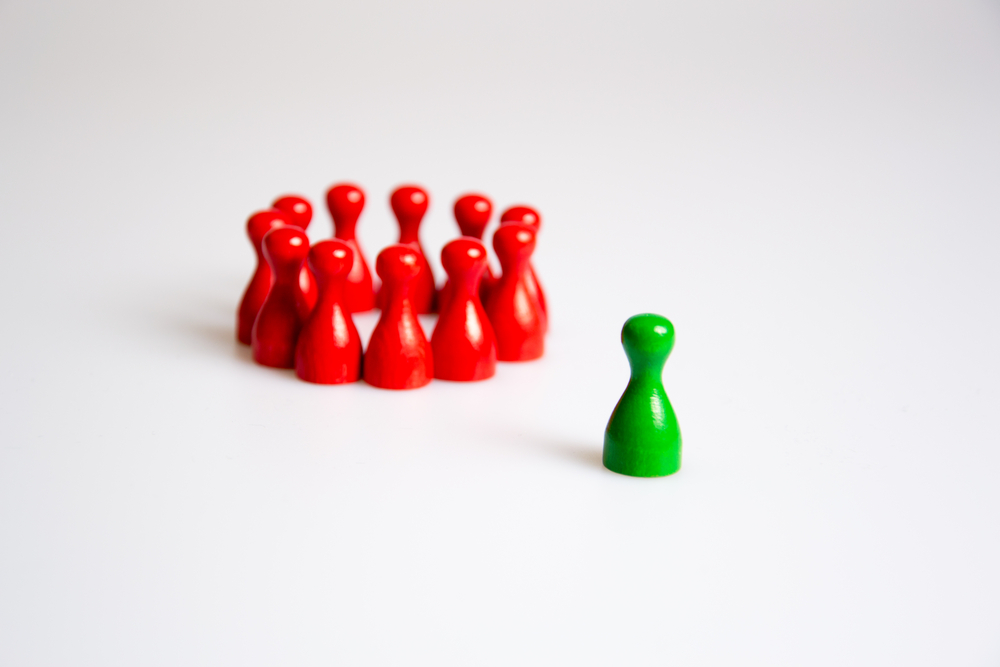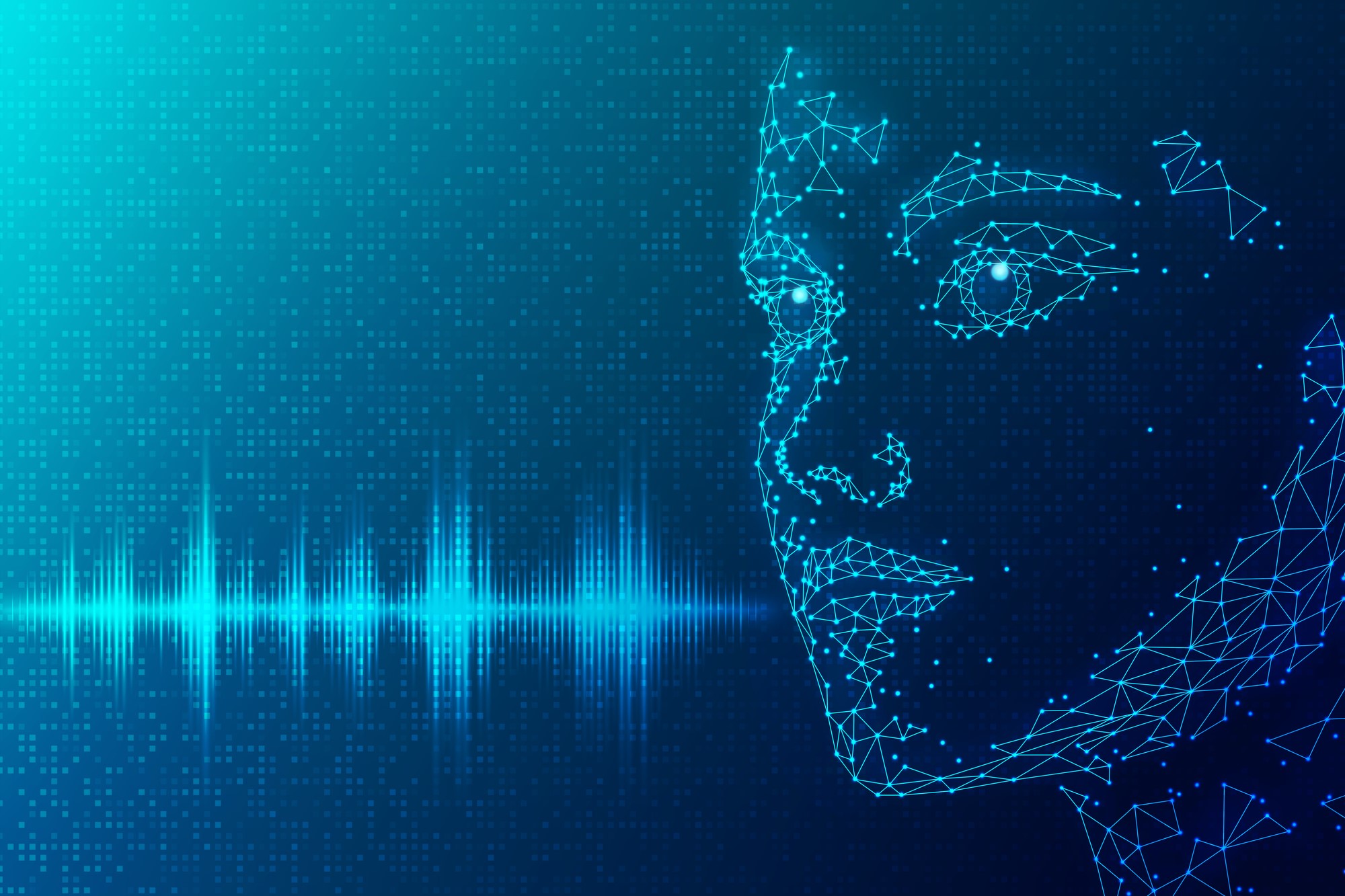Institutions’ Right to Block: ICAO vs. Taiwan

In the last few days, the Twitter account of the International Civil Aviation Organization (ICAO), the civil aviation safety body of the United Nations, has been systematically blocking users—including analysts and academics—who raised questions about ICAO’s practice of excluding Taiwan from international cooperation, especially while the current novel coronavirus crisis is developing. Indeed, this behavior is not new to ICAO: in March 2019, its Twitter account also systematically blocked users who criticized its environmental policies.
ICAO’s Twitter behavior has been condemned by many, including the United States House of Representatives Committee on Foreign Affairs. In response to these condemnations and in response to inquiries from media, ICAO’s chief of communications Anthony Philbin has justified the systematic blocking of questioners and critics on the ground that doing so is necessary for “defend[ing] the integrity of the information and discussions our followers should reasonably expect from our feeds.” As a philosopher interested in the intersection of language and power, this ongoing dispute raises an interesting question: when is it morally permissible for governmental or public institutions to block users on social media?
We can start answering the question by examining the work that blocking does. To block a user is to refuse to be an audience for that user’s speech. In this respect, blocking is akin to other moves that might be made on social media, such as muting a user or simply saying “don’t @ me”. However, blocking is also more powerful than these other moves in that it not only refuses the user of an audience for their speech, it also excludes the user from a conversation. While muting someone makes their speech unavailable to you, blocking someone makes your speech unavailable to them—including, for example, their inclusion of your speech in other conversations.
Although it is tempting to condemn ICAO for not valuing free speech, that line of criticism is fundamentally misguided. In general, no one is owed an audience for their speech. In fact, as philosopher Rae Langton has argued, the refusal to accommodate a speaker—“blocking”, in her technical sense—can be a powerful tool in responding to harmful speech. And many individual Twitter users, especially those from marginalized backgrounds, know this to be true from their daily experience. Given the harassment problems that continue to plague the platform, blocking is a perfectly reasonable, and undoubtedly permissible, move that private citizens can make to protect their time, their attention, and their mental health. In Slate, Mary Elizabeth Williams has responded to free speech considerations, and concluded that it is permissible (for a private citizen) to block any user for any reason.
However, even if we accept that blocking is compatible with free speech and permissible for social media accounts of private citizens, we need not thereby also accept that blocking is just as permissible for social media accounts of governmental or public institutions. Indeed, this is a point on which Donald J. Trump’s lawyers and I agree. In defending Trump’s (legal) right to exclude people from conversations that involve his speech, his lawyers rested their defense on the claim that Trump is tweeting from a personal, and not governmental, capacity. (Appeals court judge Barrington D. Parker was ultimately unpersuaded by this claim, and ruled Trump’s social media blocking of users to be unconstitutional.)
There is an important difference in power between private citizens and governmental and public institutions. More than a difference in power, though, there is also a difference between the way that private citizens and governmental and public institutions are embedded in our social reality, especially with respect to social structures of oppression.
Philosopher Iris Marion Young has argued that different groups can be oppressed in different, but related, ways: exploitation, marginalization, powerlessness, cultural imperialism, and violence. In this context, it is especially relevant that Taiwan has been historically marginalized in the international community, and a key mechanism of that marginalization is the exclusion of Taiwan from international institutions such as the World Health Organization and, of course, ICAO.
Yes, Twitter is not real life. But it is also not not-real-life either. The interactions on Twitter are not only shaped by our social reality, they also contribute to shaping our social reality. The condemnation of ICAO’s Twitter behavior on free speech grounds crucially ignores the fact that language moves are often more than “just speech”, but actions for modifying the social world. And it is from this perspective that we can most fully appreciate the significance of that subtle difference between blocking and muting. Remember, blocking does not merely refuse a user of an audience for their speech, it excludes them from the conversation altogether. As such, ICAO’s Twitter behavior should not be judged on its own, but contextualized in the ongoing international exclusion of Taiwan from many crucial conversations, such as ones about the current novel coronavirus crisis.
So, in the end, when is it morally permissible for governmental or public institutions to block users on social media? Like most other questions in philosophy, there is no simple answer to this one. However, if my foregoing argument is sound, then the answer will crucially depend on the social context—specifically, whether doing so contributes to ongoing oppressive structures in our social reality.
But there is a clear answer in the particular case that prompted our philosophical investigation. Given its own position of power and the sociohistorical context of Taiwan’s marginalization, it is impermissible for ICAO to exercise the exclusionary power of social media blocking to systematically excise questions and criticisms from relevant conversations.




